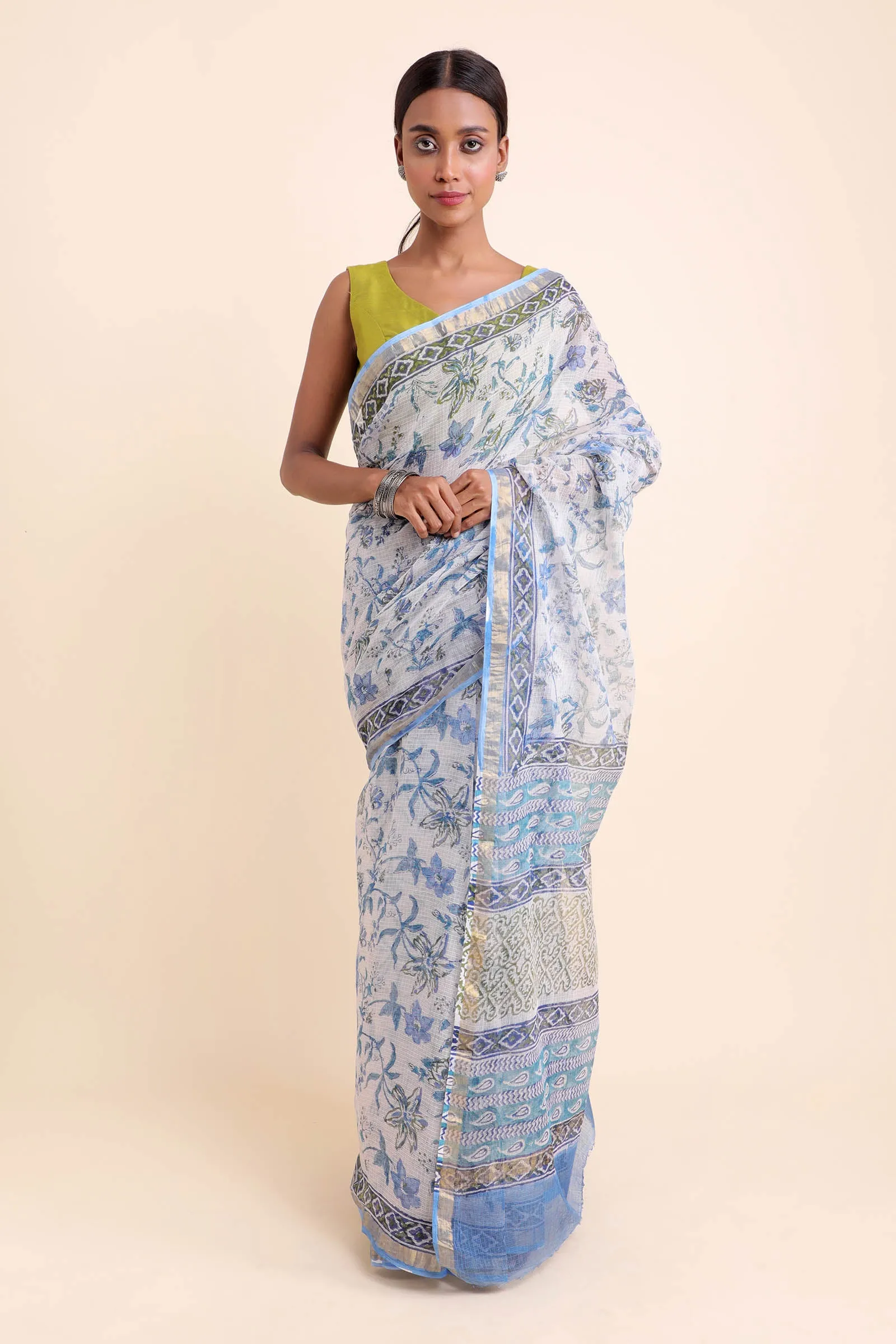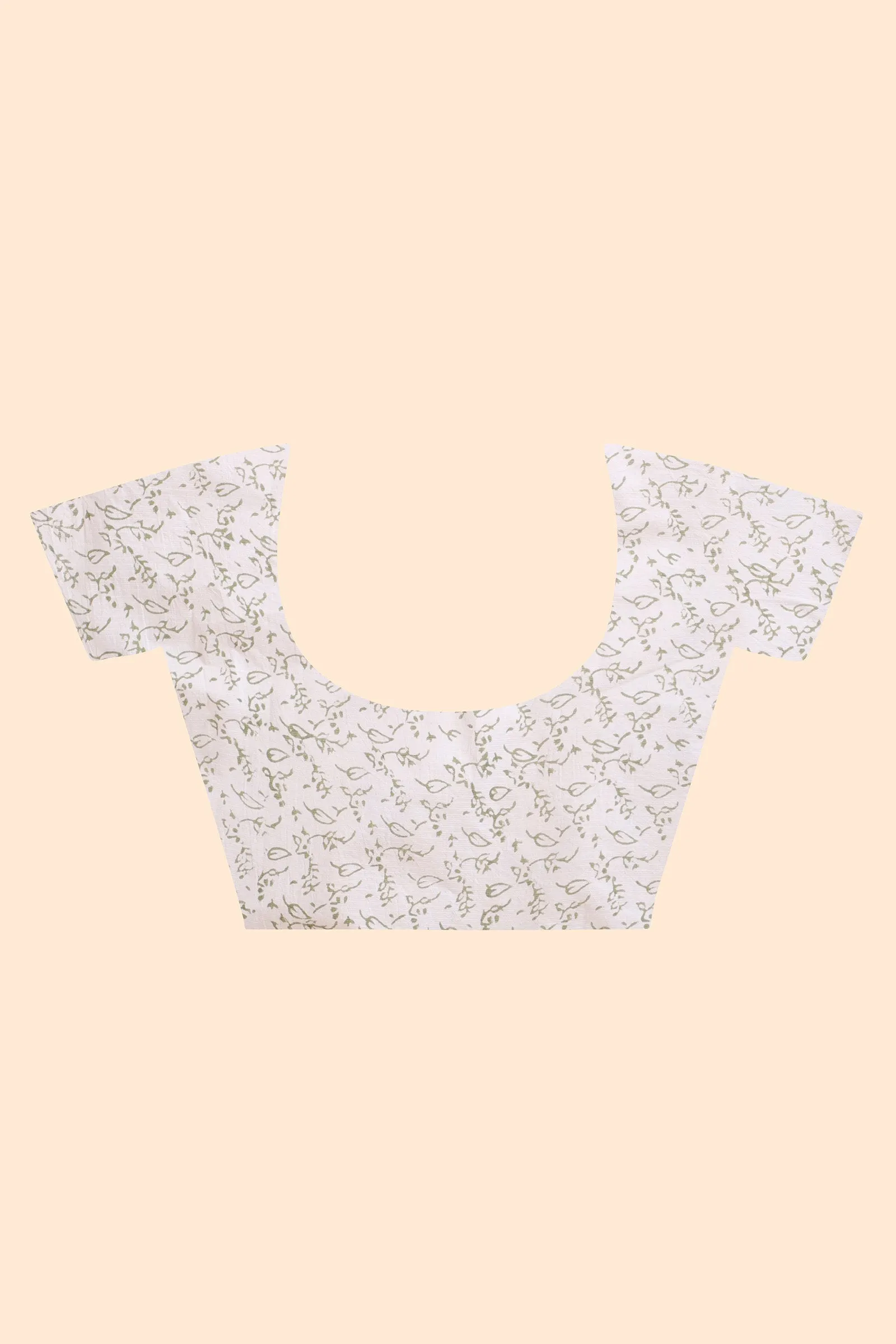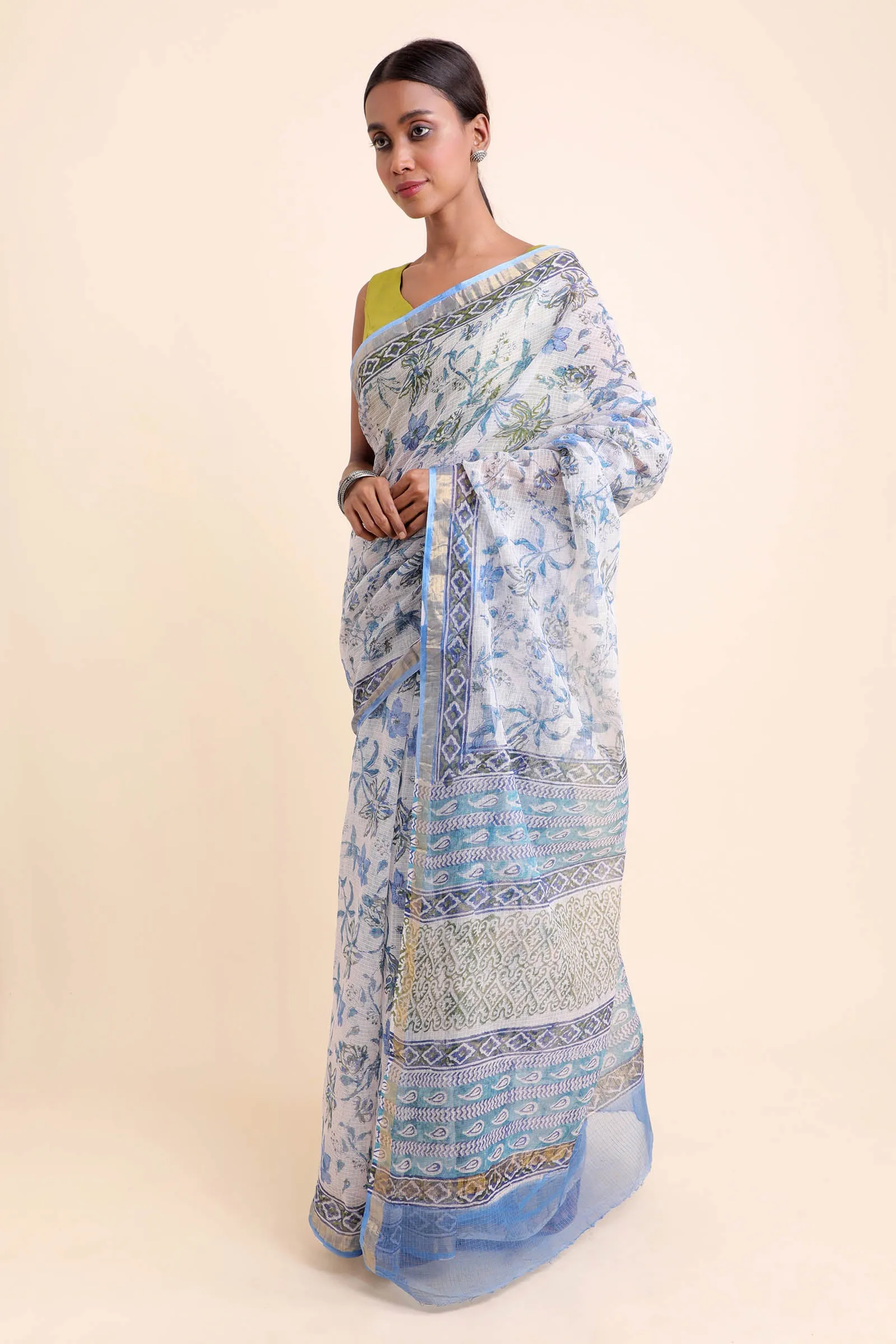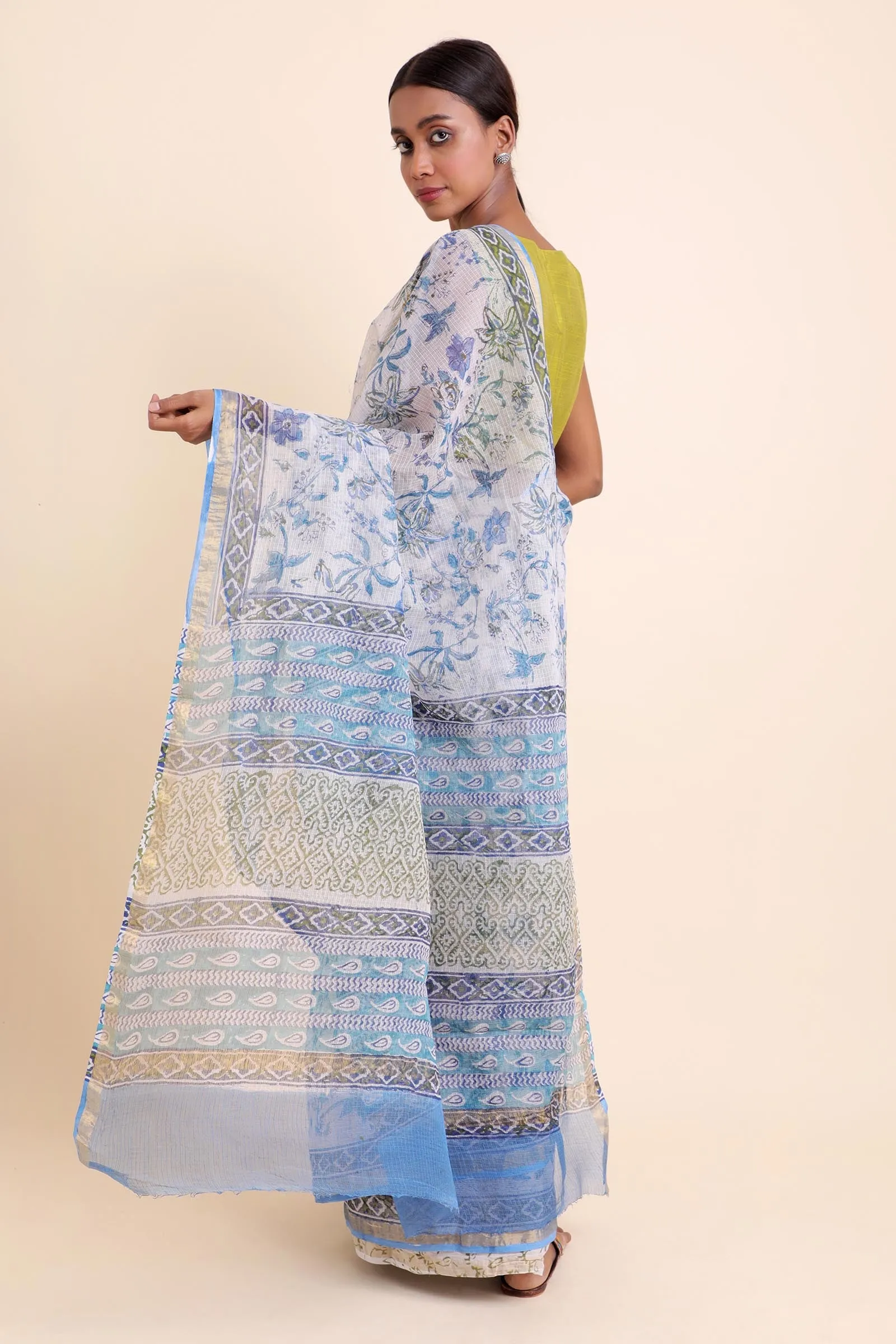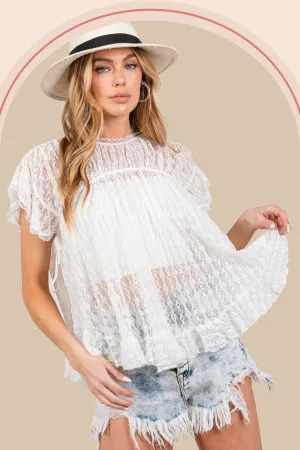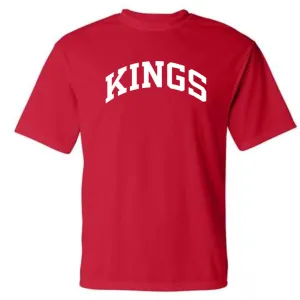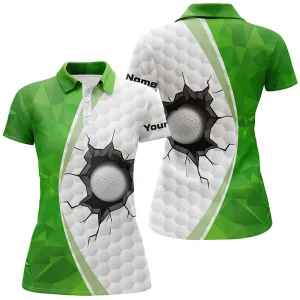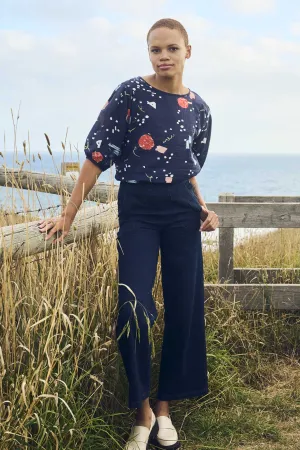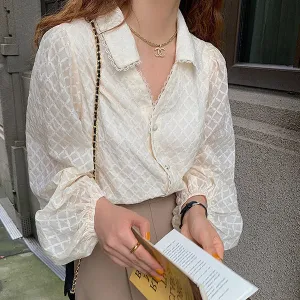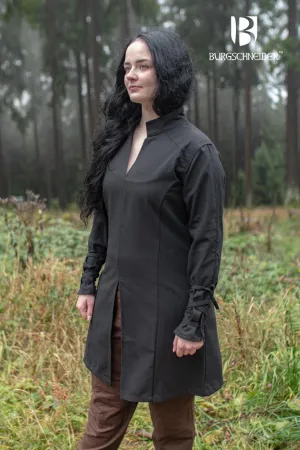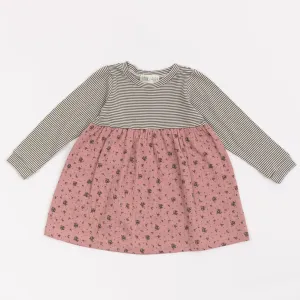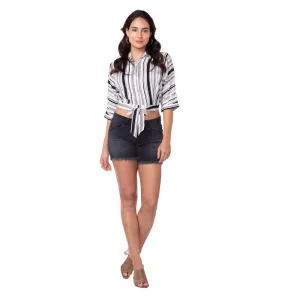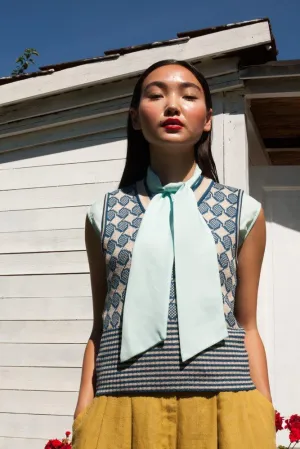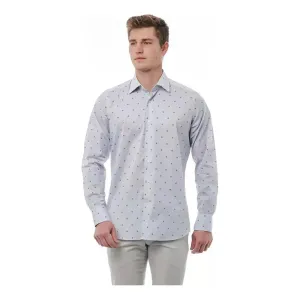Product Details
+Ink Blue Watercolor Kota Doria Saree With Flowers Block Printing
Styled With Blouse From Our Blouse Collection
- Fabric: Kota Doria With Zari Border
- Print: Block Printing
- Color: Ink Blue Watercolor
- Blouse: This Saree Comes With A Running Unstitched Blouse Piece. Refer Blouse Look In Next Image
- Saree Length & Width : 6.6 Meters X 1.1 Meters
Handcrafted In India
Care
- Dry clean only
Kota Cotton/Silk is a distinctive woven fabric with a unique square-checked pattern crafted on fine silk,cottonor a blend of these two fibres. The final outcome as a Kota saree is lightweight that is very close to transparent. Thecottonprovides strength to the fabric, silk makes it more lustrous and lends it a softer touch while zari work gives it a more graceful and stylish appearance. It is a versatile fabric since it can be worn for either a casual or a dressy occasion. Kota Cotton/Silk sareeis extremelyeasyto maintain since it is mostly made up ofcotton and weighs very less. Silk is added to thecottonin a 20:80 ratio approximately to give thesaristrength.
Origin - The name Kota sarees is taken from it place of origin, Kota in Rajasthan, India. Block printing is one of the popular techniques being used when it comes to adorning Kota Sarees, which gives it a fresh feel look.
Technique - Handblocking is an ancient method of textile printing, renowned for it's exotic designs in vibrant colors on fabric. In this method, woodenblockscarved with intricate details are used to manually print beautiful designs that usually cover the entire length of a fabric. Block printing can be carried out beautifully on a variety of fabrics but most suitable match is cotton or cotton linen. The characteristics of these fabrics have a specially affinity towards different types of dyes and pigments. Block-printing craft is practiced in twostates of India - Gujarat and Rajasthan.
There are different styles of block printing, the most renowned ones are
Bagru, it is done by printing dark or colored motifs on a cream or dyed background. This process involves the use of natural mordants – likehardaand alum – to capture the natural colors of the print on the fabric using our pattern blocks.
Dabu, has light colored motifs on a dark ground. It is a mud resistance method, mud akakaali mittipaste is used to block print the pattern. After dyeing the fabrics, the motifs covered with the mud print remain uncolored, while the rest of the fabric takes on the hue of the dye.
The key difference between the styles are color combinations and motifs. For example, the color of the cloth on which the motifs are printed is also another differentiator. InBagru, the cloth has either a cream base or a dyed base, whileSanganeriprints have a white base.




